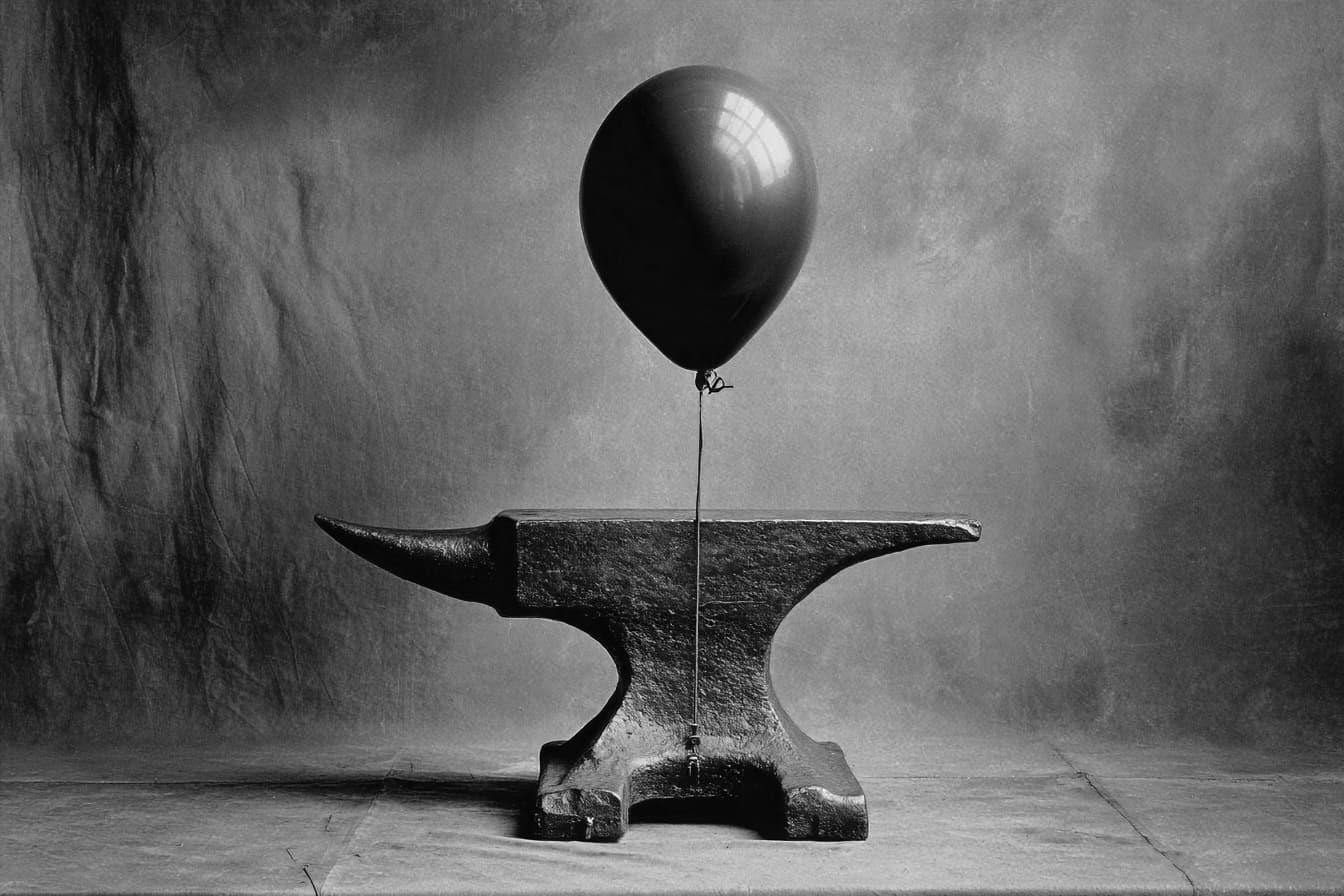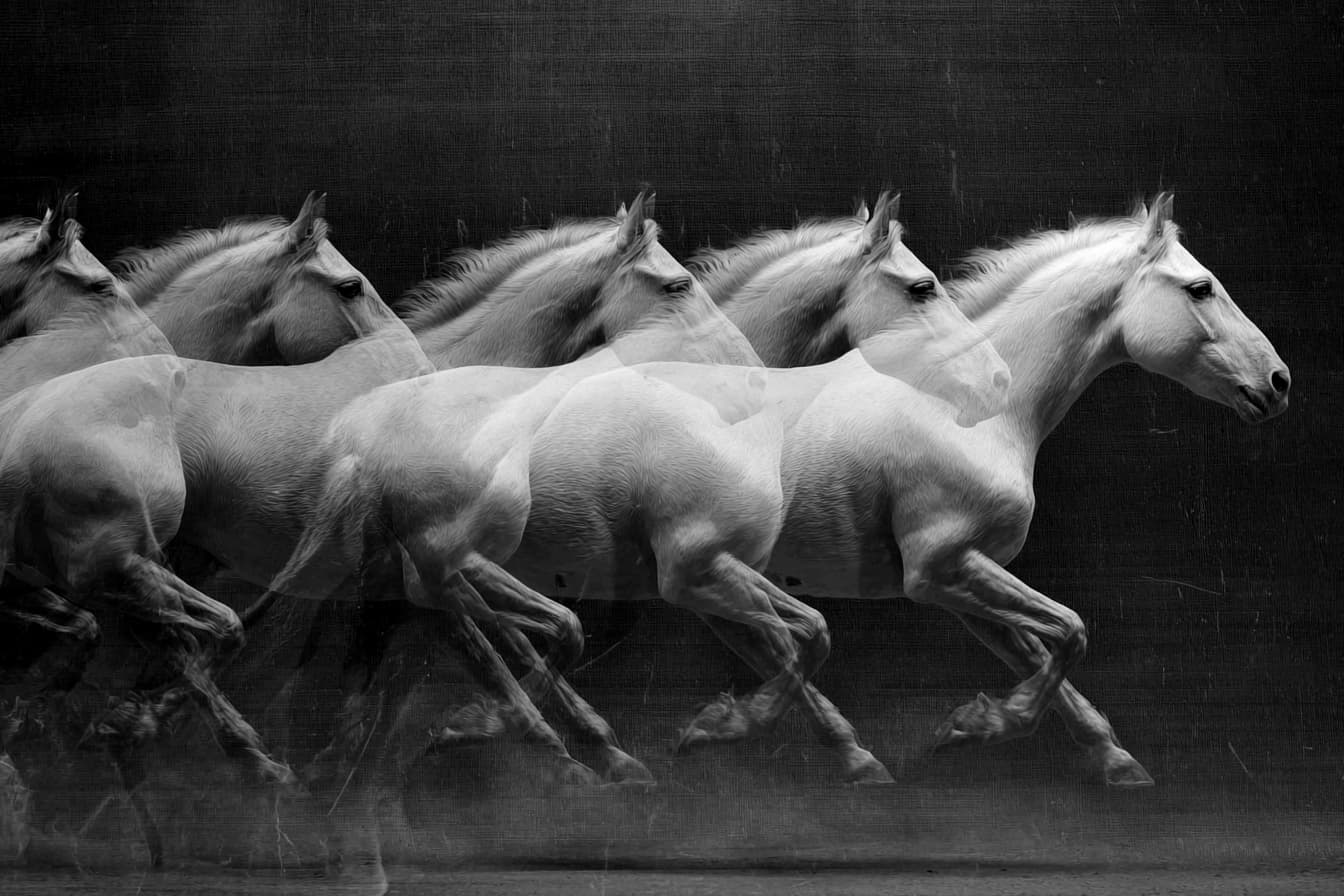Reading Readiness
I always come back to the truisms of the classic kung fu instructor depicted in the movies. Not so much in regards to how classrooms should be run, but more in what it is like to share and learn, to speak and to listen. The pattern is that the master is established as knowledgeable and capable, and the student seeks out the master and their tutelage. More than tips, tricks, and practices, the understanding is that the thing of enduring value that is being transmitted is knowledge and wisdom, which opens a way to method. The student arrives and the master questions their abilities. Often, the student gets turned away. The purpose of the master turning away the student or questioning their intentions is to underline the importance of readiness.
I think about readiness and its relation to what I consume and make. If I skim the work of someone, I am not ready. I am attempting to have my cake and eat it too—trying to gain knowledge without stepping through the necessary door of attention. Good things take time, and I should be turned away, because I attempted a shortcut. The lesson of the master is that if one isn’t ready to face a large task (say, a wall of text), they should not even try. “Go away,” the master usually says. Come back later, when you have more presence and mindfulness, Frank. Readiness may be in 20 minutes, later in the week, in a few months, possibly never.
My shelf is full of books for which I am not yet ready, but this is the benefit of the format of a book. The form itself denotes weight; the thickness lets you know what a book asks. What is being asked is laid bare, so no one skims Ulysses—if a reader were to consider skimming an option for literature, they wouldn’t start reading Joyce. The greater the task, the more futile these shortcuts seem.
It irks me when people say that blog posts are too long. Sometimes, I catch myself saying the same. Who ever decided the proper length of a blog post? Not me. Not you. Not anyone. An individual only decides the length of their attention. Text takes time—to make, to design, to read. For things to work, effort must be matched. To return to our kung-fu movie: effort and attention from the student is matched with the attention of the master. Similarly so with the writer and the reader. To be willing to match attention is to be kind and ready.
I’m reminded of an interview with the mother of artist Robert Irwin in Seeing Is Forgetting the Name of the Thing One Sees. She talks about how Irwin “reads hard.” I love that phrase, because it means that the reader is present with effort and attentive toward what they are reading. It’s a beautiful thought. Irwin’s mom reads hard on the Bible. Irwin reads hard on Wittgenstein.
Maybe there is no too long, only attentions that are too short. We may skip parts, or skim, or do as we wish, but we should be cautious of when we do. We should not be hard on ourselves because of what we are not yet ready for. Instead, we should allow ourselves a certain degree of forgiveness to wait on the things that require much of us. Maybe we should not strive to be complete in what we consume, and instead learn to be content being in the presence of the text in front of us.
No, not all of it, not all at once. We should allow ourselves to leave behind the things we are not ready for; we may come back to it later. Instead, we should read hard on the things to which we are ready. It is then that we may be better students.







